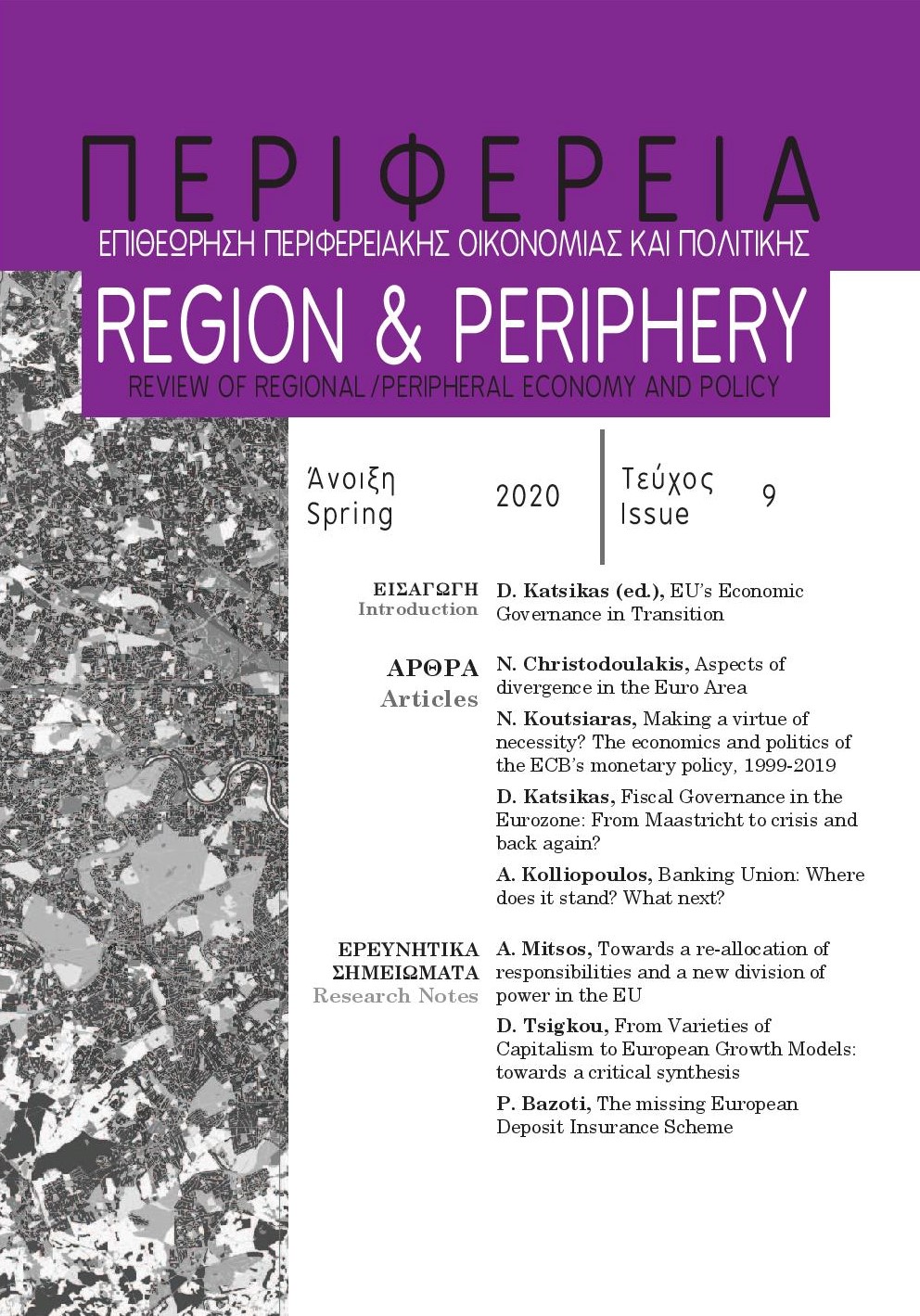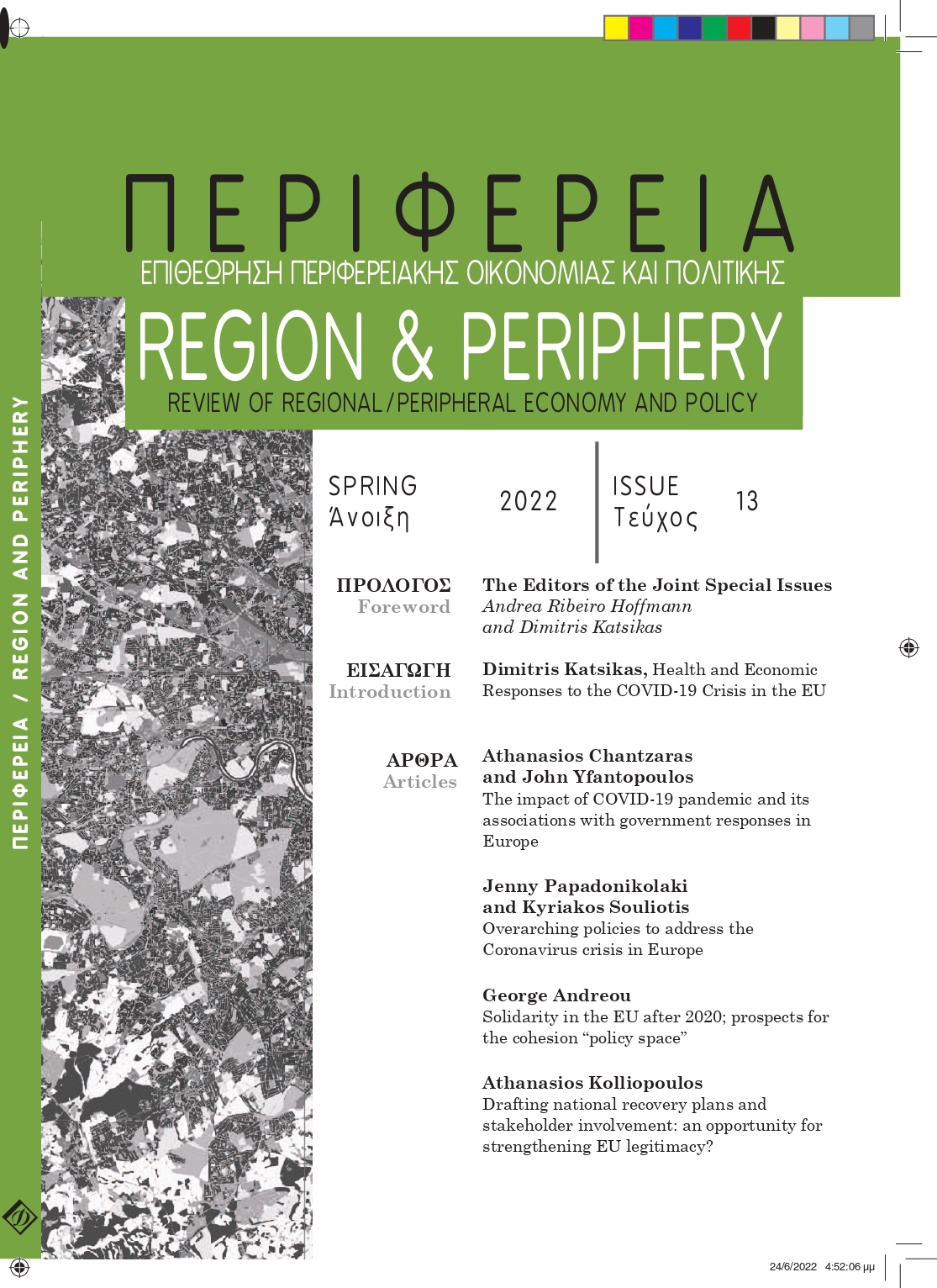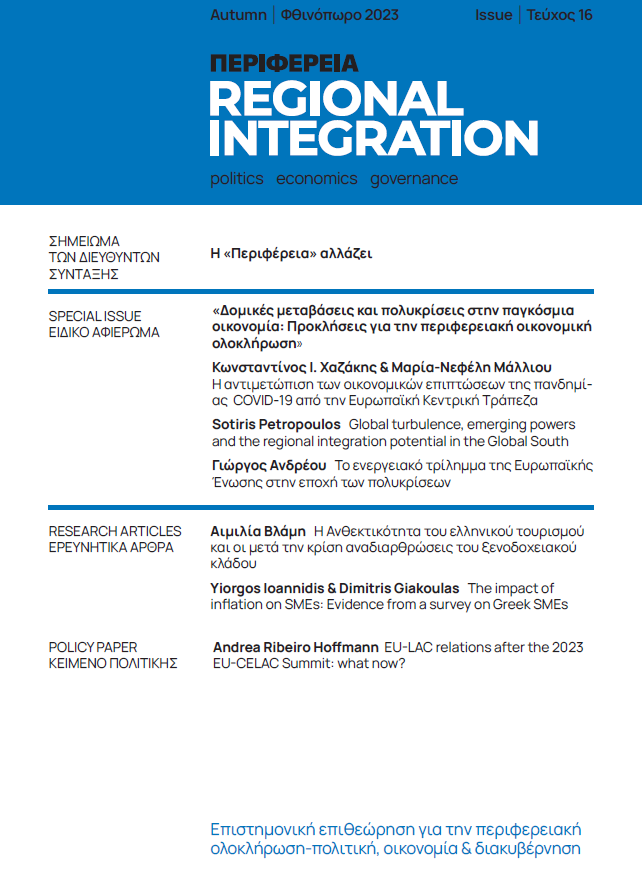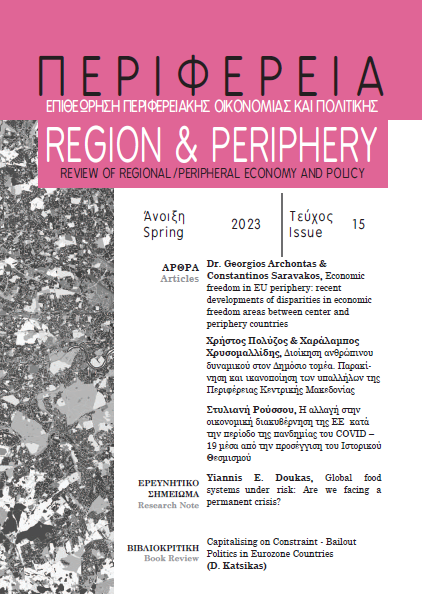Redefining Periphery: Offshore Finance, Peripheral States and the World Economy
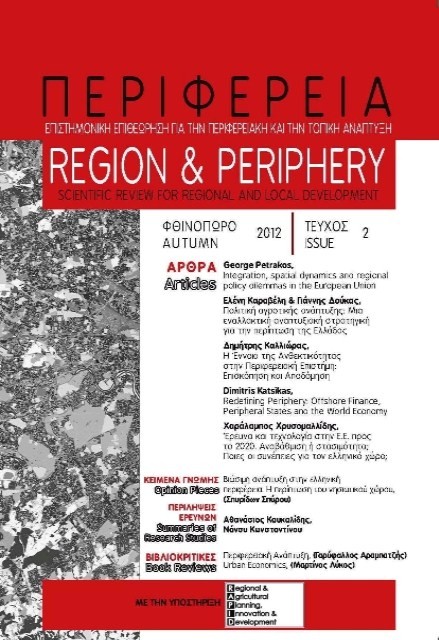
Abstract
This article seeks to examine the changing dynamics between the periphery and the core of the world economy. Small, peripheral states have assumed an increasingly important role in recent decades by offering fi nancial services to an increasing and geographically expanding range of corporate entities and wealthy individuals. These Offshore Financial Centres (OFCs) or tax havens, offer a service, which often has negative consequences for non-OFC countries at the core of the global economy. Despite pressure from the latter, these small states at the periphery of the global state system are able to continue their operation unabated. This is possible because in a world of growing technological nterconnectedness and capital mobility these states are able to employ the one resource they possess that has no limits: their legal sovereignty, that is, their right to write and enact law. By effectively commercializing their sovereignty small states are able to offer “juridical relocation”, a valuable service to wealthy individuals and companies around the world, which in turn employ them as a core piece in their intricate global wealth managing networks.
Article Details
- How to Cite
-
Katsikas, D. (2012). Redefining Periphery: Offshore Finance, Peripheral States and the World Economy. Perifereia | Regional Integration: Politics, Economics, Governance, 2(2), 50–77. https://doi.org/10.12681/rp.18759
- Section
- Research Articles

This work is licensed under a Creative Commons Attribution-NonCommercial 4.0 International License.
Authors who publish with this journal agree to the following terms:
· Authors retain copyright and grant the journal right of first publication with the work simultaneously licensed under a Creative Commons Attribution Non-Commercial License that allows others to share the work with an acknowledgement of the work's authorship and initial publication in this journal.
· Authors are able to enter into separate, additional contractual arrangements for the non-exclusive distribution of the journal's published version of the work (e.g. post it to an institutional repository or publish it in a book), with an acknowledgement of its initial publication in this journal.
· Authors are permitted and encouraged to post their work online (preferably in institutional repositories or on their website) prior to and during the submission process, as it can lead to productive exchanges, as well as earlier and greater citation of published work.



